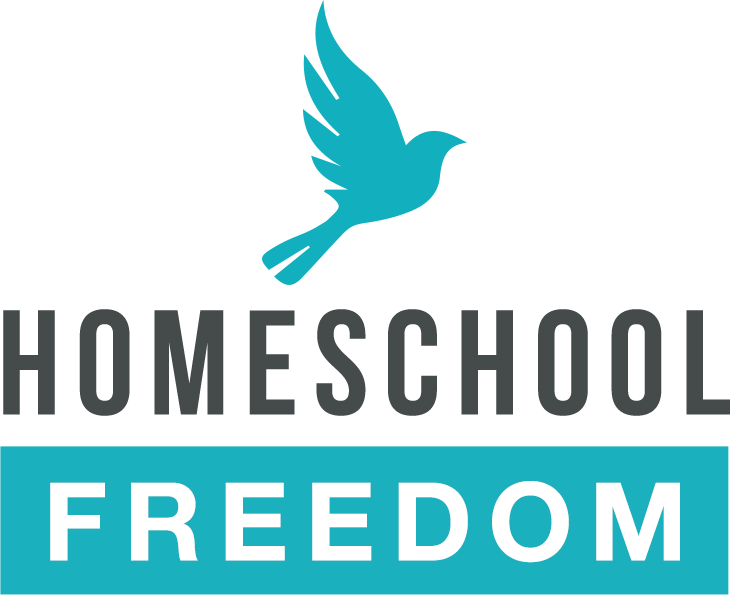Now that I’m Homeschooling, Do I Need a Homeschool Co-op?
Once you’ve chosen homeschooling, the next steps can be tricky. Figuring out if you need a co-op and how the programs available can help you is an important next step for a new homeschooler.
If chosen wisely, a homeschool co-op can be a great asset in homeschooling your children. There are many different kinds of co-op programs available to homeschoolers, such as support groups, formal academic programs, play groups, and specialty programs.
How Do I Choose the Right Co-op?
With so many types of programs available, how do you choose what would work best for you? How do you even know what you need if you’ve never homeschooled before? Knowing a bit about what is available and the purpose of each type of group will help you choose between options.
What Is a Homeschool Co-op?
When modern homeschooling began many years ago, there were so few homeschoolers that there were no options to work with other homeschool families. As homeschooling grew, homeschool families started to get together informally, making swaps where one parent teaches math while the other teaches art, for example.
Groups evolved as more homeschool families joined in. Many became larger and more formal, and others remained small and became specialized. In many urban areas, the types of local homeschool co-ops available now are very diverse.

Support Groups
Homeschool support groups are organized around helping parents. These kinds of groups generally run field trips, general meetings or forums for parents to discuss homeschool topics, or mom’s night out events.

Specialty Programs
Specialty programs concentrate on one particular subject, such as speech and debate, sports, robotics, chess, and more. There are even homeschool specific clubs using a national program like Trail Life, American Girls, or 4-H.

Academic Programs
Academic programs are the most familiar to new homeschoolers as they can look the most like a school. Depending on state law, they can even be indistinguishable from a private school, differing only in legal definition. Some allow students to choose from a selection of classes, so they can attend part-time. Some concentrate on core academic subjects, others on enrichment classes. They can be called co-ops, microschools, learning pods, enrichment centers, etc.

Play Groups
Play groups are the kind of groups that arrange get-togethers for social interaction. They can meet in parks for free play, at a facility for organized play or activity, or be focused around a regular, informal learning activity.
How Do I Join a Homeschool Co-op?
Co-ops can be as simple as finding and subscribing to a Facebook group or website, to as complicated as submitting a multi-page application and submitting to an interview. The hardest part is finding the groups in your area! If you’re new to the homeschool world, you may feel like an outsider. Never fear – homeschoolers are always willing to help the newbies!
Your state homeschool organization or your local homeschool Facebook group can clue you in as to what is available in your area. They can also provide personal recommendations of co-op experiences in your local homeschool community.
Some programs will allow you to visit and see what their program is like. Others may want to get to know you better before allowing you to join in. Feel free to ask questions about the group, the leadership, and the courses or activities offered.
Who’s In Charge of a Co-op?
Most co-ops are basically run by homeschool parents who had a need and created a program to meet their need. Since they are independent from the government system, they are free to create all kinds of different programs. Sometimes these are very traditional in nature, and other times they are based on a much different philosophy of education than you may be familiar with.
Most groups will have foundational documents and a mission statement that will help you understand how the group is run and how it is governed. Some groups are very loose associations with no real leadership, and others are very formal with a governing board and a full leadership team.
Some curriculum companies run or oversee groups that are associated with or administered by the parent company. Some churches run homeschool co-ops as a ministry of their church. Sometimes businesses will have homeschool classes for the community. Most groups, however, are independently run, most often as non-profit organizations.
What are the Benefits of Homeschool Co-ops?
Co-ops give opportunities for children to socialize with other children and to have shared experiences with others in the niche society that is homeschooling. They allow for group learning, which can be very helpful for tougher subjects like lab sciences.
Co-ops give parents the ability to use their own passion and experience to teach other children, and utilize the different passion and experience of other parents. They also provide outside accountability for both the homeschool parent and the student.
What are the Disadvantages of Homeschool Co-ops?
One of the advantages of homeschooling is the freedom to tailor your education to the needs of each individual child. When involved in formal co-op classes or programs with a group of other students, much of that freedom is lost.
Parents need to count the cost of the time associated with the co-op; not just the actual class time but the preparation time, homework, lesson plans for parents who teach, and the sacrifice of actual home-based learning time. Also, the curriculum chosen by the co-op may not be the best fit for your child or your goals.
To be a benefit to your homeschool plan, the costs must be outweighed by the benefits. It is prudent to sit down and walk through the pros and cons of a co-op before committing to join.
Homeschool Co-ops In a Nutshell
Homeschool co-ops can be a wonderful addition to your homeschool life. A wisely chosen group can become your “tribe” as you navigate through homeschooling.
If there is no good fit for you among the homeschool groups in your area, consider starting your own. Remember, every homeschool group was started by a homeschool parent who had a need. Find that one other family that can come alongside you, and you have the start of a wonderful new co-op!

Sheri Payne
HEAV
